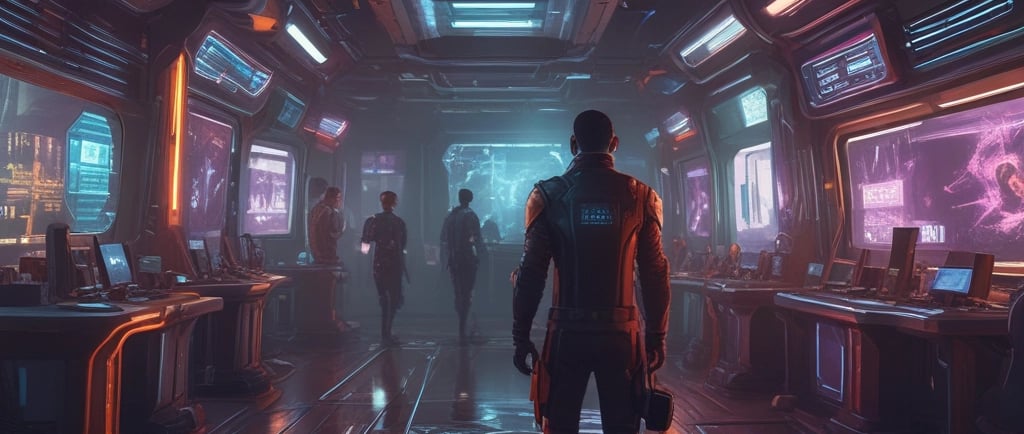The Gaming Experience Revolution: Transforming Play and Player Engagement
Discover how the gaming experience revolution is transforming the way we play. Explore the impact of video games and their essential role in shaping player engagement and immersion.
9/17/20251 min read


Innovation
Discover how AI transforms everyday life
Technology
Blog
suportevirtual@futurodigital.blog
© 2025. All rights reserved.
Other Pages
